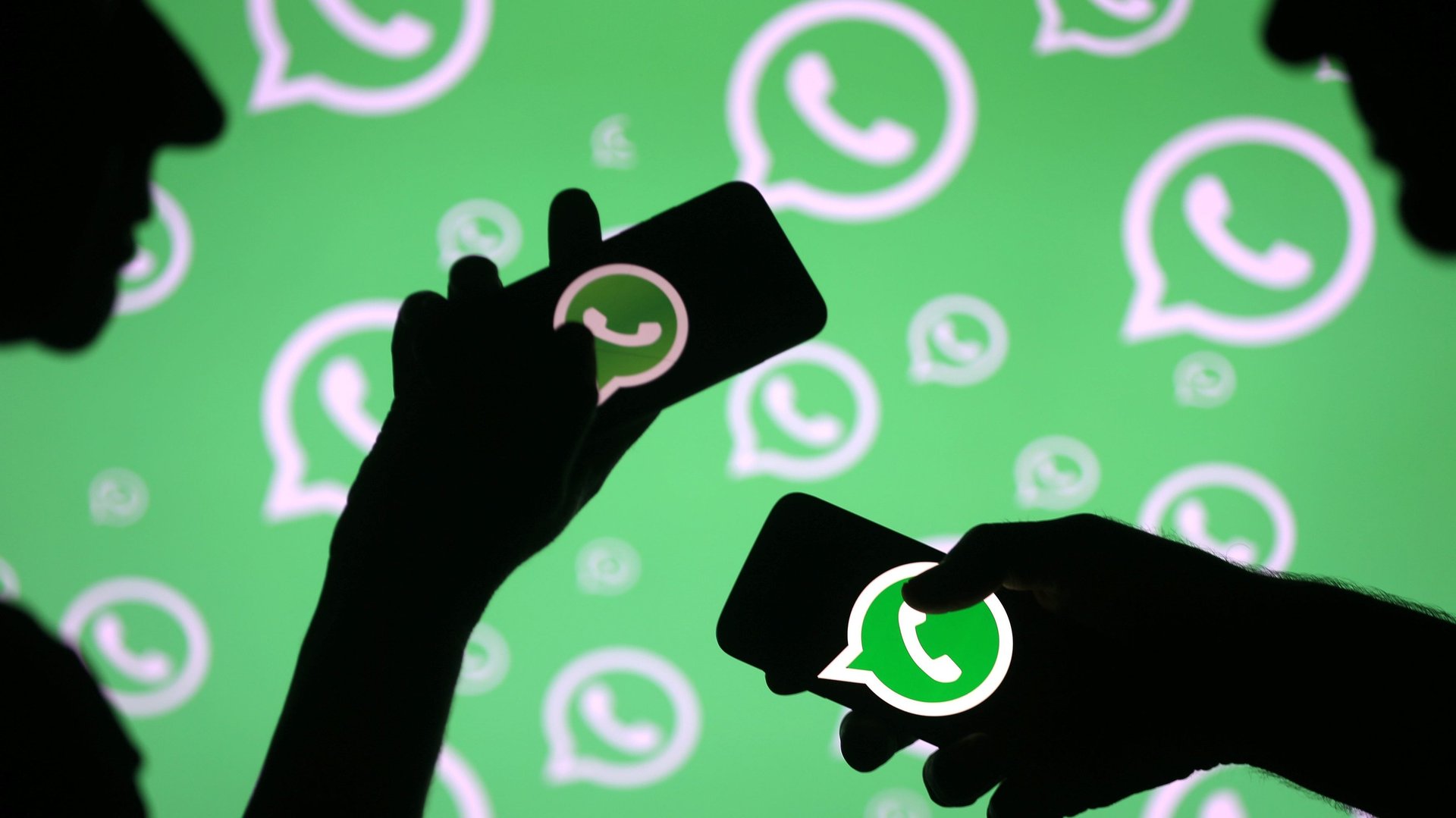Zuckerberg is so happy with WhatsApp payment’s run in India, he wants to take it places
If you believe Facebook CEO Mark Zuckerberg, WhatsApp’s payments feature has been a surefire hit in India.


If you believe Facebook CEO Mark Zuckerberg, WhatsApp’s payments feature has been a surefire hit in India.
WhatsApp’s 2018 beta test equipped one million users with the ability to send and receive money in its biggest market, India. More than a year on, the official India launch date for the payments feature in the Facebook-owned app is still up in the air but that doesn’t mean its fate is in jeopardy.
“We’re continuing to test payments on WhatsApp in India and are close to launching in other countries as well,” Zuckerberg said in a July 24 earnings call.
When questioned by Royal Bank of Canada analyst Mark Mahaney about what was causing a delay in a full-rollout—consumer awareness, regulatory pushback, or technical hurdles—this is what Zuckerberg had to say:
So it’s a regulatory approval question in India at this point and we had a license to roll it out as part of an initial test, the test went better than we even expected it would. I mean for a product that you would expect to need to be widely available to be useful, right, in order to—for someone to know that they can send money to someone else. Even a limited test the feedback was very positive. So I’m quite confident that when we can roll this out broadly it’s going to be meaningfully valuable to the user experience. We’re also working beyond India, in a number of other countries and hope to have this rolled out to a large percentage of the people who use WhatsApp within the next year. So that’s the goal, we’re pushing forward on all of these issues and should have more to talk about soon.
Bumpy ride
WhatsApp’s payments feature had a bumpy start in India before becoming widely accepted.
In February 2018, Vijay Shekhar Sharma, CEO of the country’s biggest digital payments service, Paytm, accused WhatsApp of flouting National Payments Corporation of India (NPCI) rules on Unified Payments Interface (UPI) and creating a “closed garden” within its existing user base. He said the lack of a login made WhatsApp payments a security risk, akin to giving an “open ATM” to everyone.
In response, rival companies like MobiKwik, PayU, and FreeCharge said the outcry was unfounded. By May this year, even Sharma had a change of heart. “I have learned something amazing about the market, that it needs more players because India’s digital market is not growing at the pace we would have wished for. So more players are welcome,” Sharma said during a May 14 event in Mumbai.
India’s digital payments sector is slated to touch $1 trillion by 2023. Aside from Paytm and the slew of smaller players, WhatsApp will face stiff competition from the likes of Google Pay (earlier Tez) and Flipkart-owned PhonePe to capture a sizeable share.
To top it off, market saturation isn’t its only concern. The recent Reserve Bank of India (RBI) mandate of data localisation is another. Unlike other tech giants such as Amazon, Microsoft and Mastercard—and even its parent company Facebook—who are working to dismantle the directive, WhatsApp has said it plans to comply. But as of March this year, they had only begun data mirroring in India, meaning they were storing and maintaining copies of a database in another network or location.